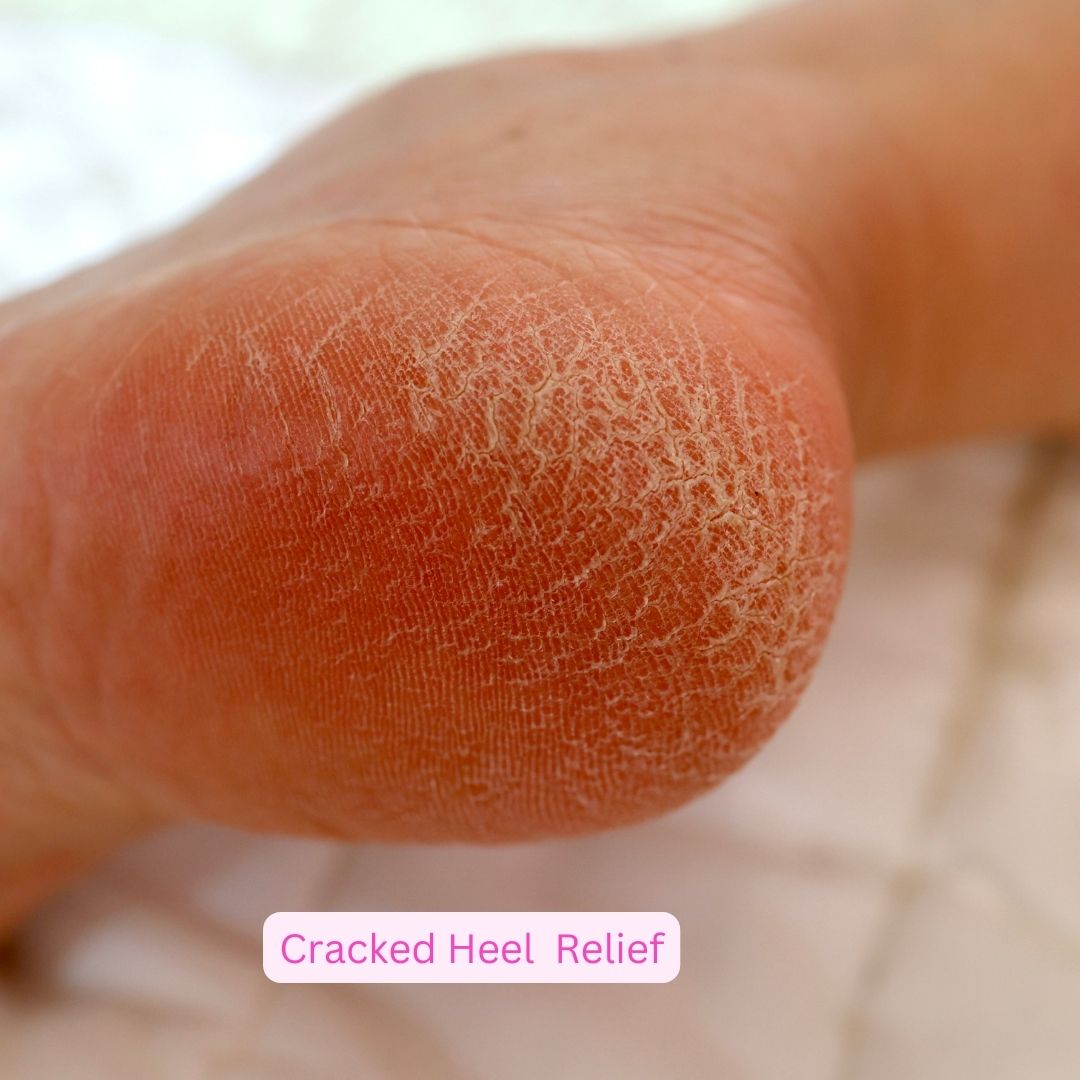Why Natural Products?
I confidently assert that there is a discernible surge in the popularity of natural hair care, skin care, and body care. What has spurred this change? The fundamental shift lies in the increasing awareness among consumers. Although natural products have always been superior, marketing strategies and corporate profit margins took control, leading consumers to believe they were purchasing nature-like items at a lower cost. However, this was a misconception. Non-natural products may emulate some natural qualities, but they are not authentic and, in many instances, can be detrimental to both the environment and all of creation.
What one acquires at a lower price cannot incorporate numerous high-quality and expensive ingredients. For instance, if an ounce of raw oil costs $5, without factoring in the label, bottle, labor, and other ingredients, it is rational to assume that a manufacturer cannot sell the product for less than $5 without incurring losses. The purpose is to underscore the idea that discounted, or dollar store products cannot contain costly oils and ingredients from a business perspective.
Just for your information, a single ounce of Jasmine essential oil may cost around $700, Rose absolute at $600, Sandalwood at $600, Neroli at $350, Frankincense at $300, Hemp oil at $950, and so on. Many affordable body/hair/skin products may not contain genuine ingredients, or if they do, the quantity might be so minimal that their impact is insignificant.
The notion here is not to belittle lower-cost products but to illuminate the reasons why natural products or those with premium ingredients come at a higher price for consumers. Understanding that certain carrier oils, extracts, essential oils, and botanical essences are both costly and not readily available helps consumers comprehend why they pay more for such products. Informed consumers recognize that the use of natural oils instead of synthetic ones, the benefit of natural preservatives over chemicals, the absence of coloring or animal ingredients, the eco-friendly packaging, and the preference for glass over plastic, among other factors, inherently raises production costs.
So, should we opt for natural products despite the higher price tag? Natural products, unlike their synthetic counterparts, are more gentle, free of toxic chemicals, and kinder to hair and skin. They do not harm or pollute the environment, its natural resources, they reflect a new and growing commitment to the well-being of our planet and its inhabitants. Present-day buyers are increasingly aware of the environmental repercussions of their purchases. They prioritize ethical manufacturing practices and are concerned about how products influence the health of our soil, water, and air. A growing number of consumers prefer clean technology products and are endorsing companies, both established and emerging, that prioritize responsibility. They seek a lifestyle that is sustainable and environmentally friendly.
Lovingly,
Mathilde B.C.



